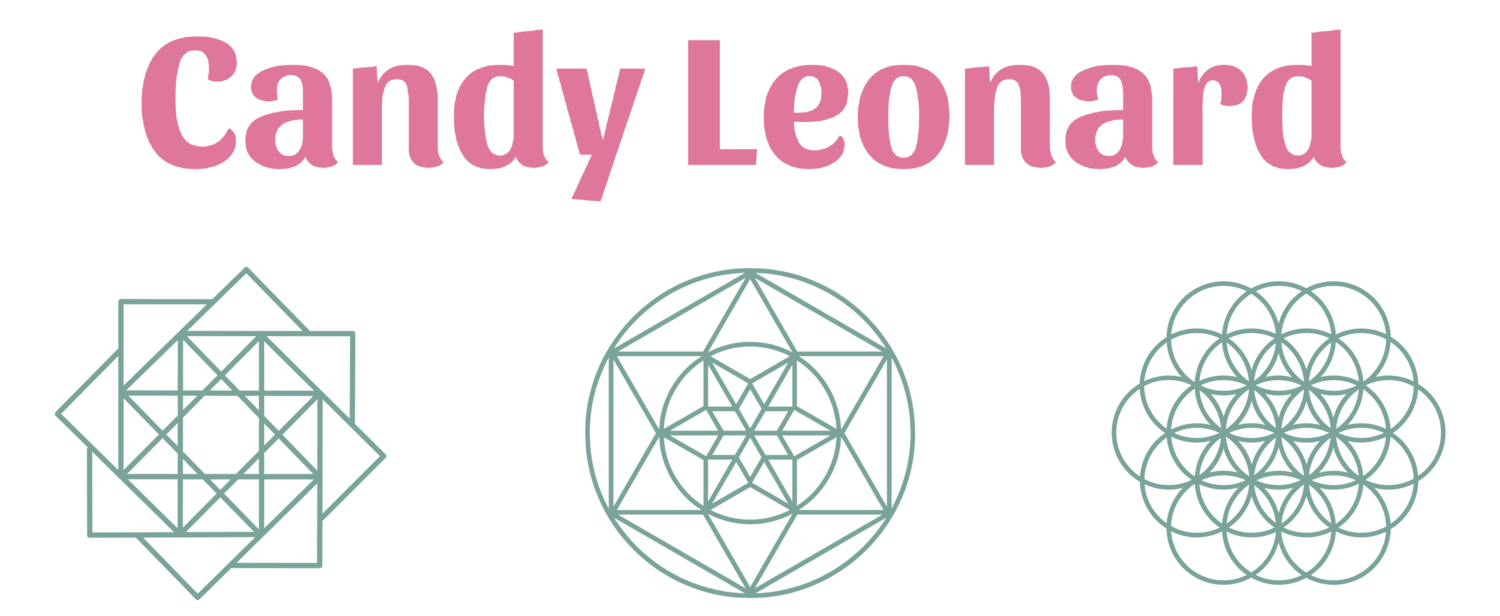Too Young For Woodstock, But Tuned In & Turned On
The Woodstock Music and Art Festival is thought by many to epitomize the spirit of the sixties. As I write about in Beatleness: How the Beatles and Their Fans Remade The World, many music fans, age 12, 13, and 14 in 1969, bemoan the fact that they were “too young to go to Woodstock” or to be “real hippies.” Nevertheless, these young people felt a strong affinity with Woodstock Nation, watching the event on the news or looking at the photo spread in Life magazine.
Throughout the sixties, the Beatles exposed young boomers to new sounds, images, and ideas, and most were, as a result of that, aware of the counterculture. Those with older siblings were even more tuned in, and explored it all in mixed-age groups. Mid-boomers were at especially impressionable moments in their lives when they encountered the Beatles, and many say they grew up faster as a result. But they were still too young to go to Woodstock.
Three years before Woodstock, barely in double-digits, these children, listened closely to “Nowhere Man,” a distinctly different kind of pop song. Lennon’s clear, emphatic vocal challenged baby boomers to be actively engaged in the world and to have informed opinions about what they saw around them. Many fans said they heard the song as the Beatles telling them to “pay attention.” Maybe the harmonic, about one-minute into the song, functioned as a clarion call to, what would emerge three years later, as Woodstock Nation.
A few months after “Nowhere Man,” in the summer of ’66, the Beatles presented young people with the equally emphatic “Rain.” Through the metaphor of weather, this psychedelic song pointed out the foolishness of straight society. These songs helped define the contours of “the generation gap.”
Then Revolver happened, presenting boomers with more psychedelic sounds and glimpses into altered consciousness. Some younger listeners recall being frightened by songs like “Love You To,” “Tomorrow Never Knows,” and even “Eleanor Rigby.” But many recall intense conversation with older friends and siblings who helped them process these songs.
A year later, during the Summer of Love, fans (and Time magazine) regarded the Beatles as Hippies-in-Chief and they worked to understand Sgt. Pepper in those same mixed-age groups.
The half million baby boomers who showed up at Woodstock were those old enough and could swing the logistics. But millions of tween and young teen music fans would have been there if they could, and were absolutely there in spirit.
Although the Beatles didn’t play at Woodstock, Beatleness permeated the event in spirit and sound. Richie Havens performed three Beatle songs, and Joe Cocker and Crosby, Stills, Nash, and Young each performed one.
Taking place less than two weeks after the Manson murders, which involved Beatle references written in victims’ blood, Woodstock counteracted the newly emerging perception of hippies, two years post-Summer of Love, as violent and dangerous. That a half million people, many on drugs and lacking basic necessities, could remain peaceful and cooperative was extraordinary.
Watching Woodstock on the news, Lennon was moved by the unlikely peacefulness of a crowd that size, and felt that his messages of peace and love were having an impact. Indeed, the peacefulness of the huge crowd, cooperating under physically stressful circumstances, is why the moment has maintained its luster and historical significance in the eyes of those who reject the cultural cynicism towards the era of peace and love.
Joni Mitchell, who couldn’t appear at Woodstock because of a previous commitment to appear on the Dick Cavett Show, was, like Lennon, moved by the event’s historical significance and wrote “Woodstock,” released In March ’70 on Ladies of Canyon. That same month, Crosby, Stills, Nash, and Young released their version on Deja Vu.
Joni’s version was more spiritual, more contemplative, and seemed to capture the singularity of the event, whereas the CSNY version has a more celebratory quality; almost like a rallying cry.
A month after these songs were released, the Beatles broke up. Then the first Earth Day took place. A few weeks later four students were shot and killed at Kent State while protesting the escalation of the Vietnam War. Fans’ six-year journey with the Beatles was over, and so were the sixties.


